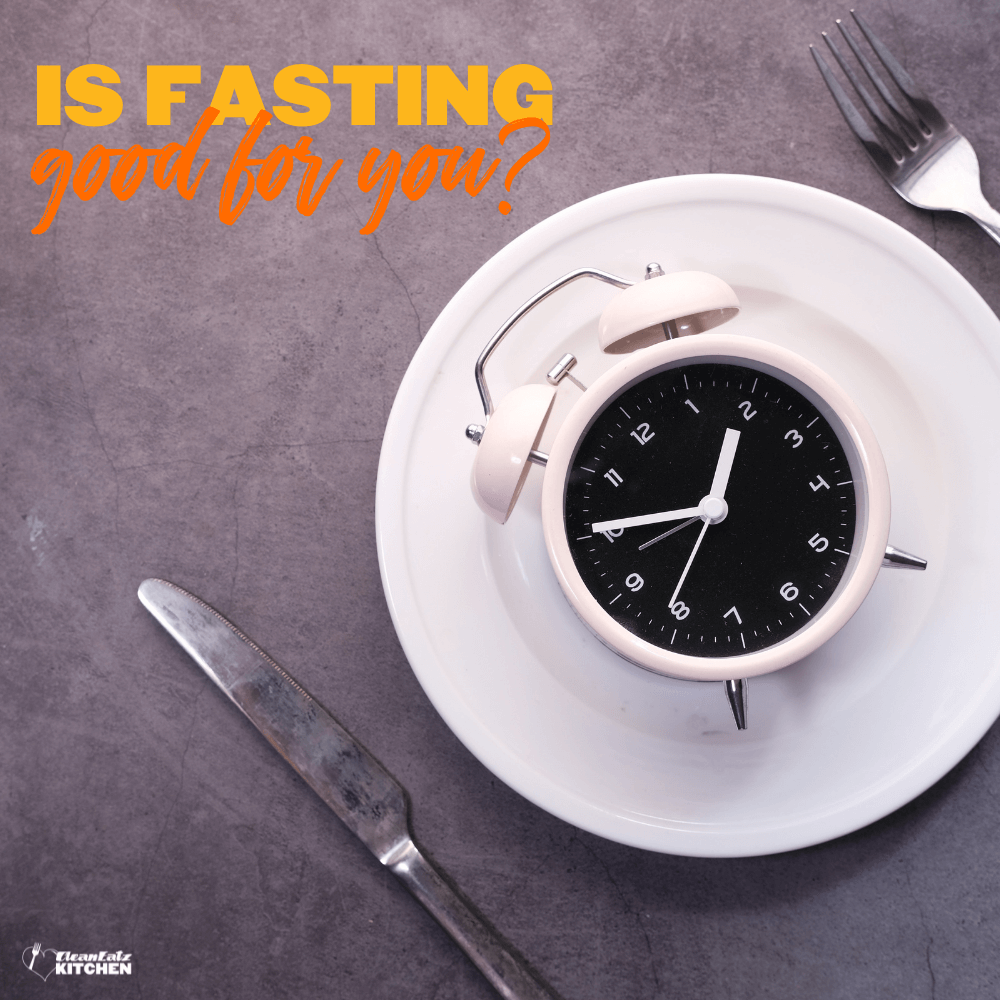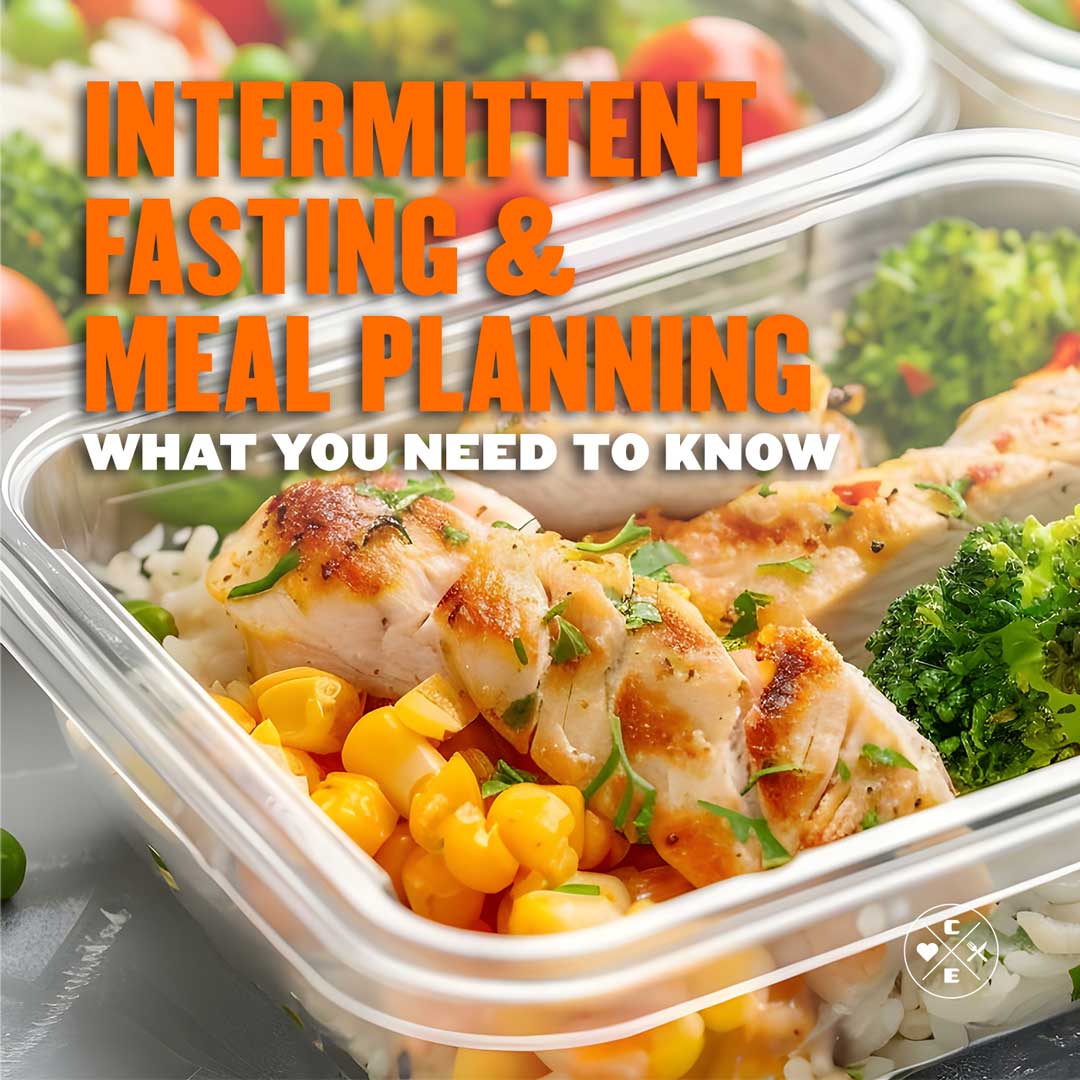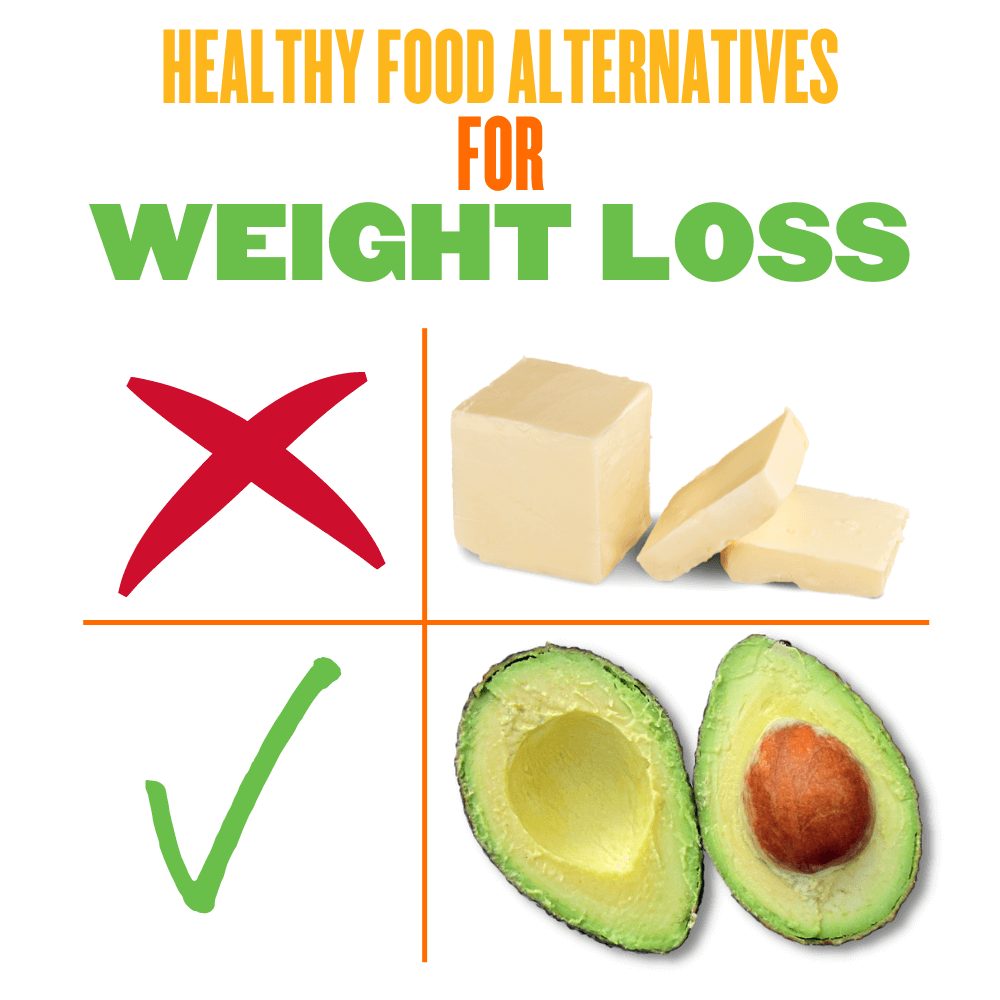
Is Fasting Good for You? Unraveling the Truth Behind the Trend
Jason Nista
Weight Loss
|
Healthy Lifestyle
10 minute read
Is fasting good for you? It indeed requires immense hard work and determination to fast for an extended period. Overcoming cravings and maintaining energy can be a test of endurance. While frequent or extended fasting might be taxing on one's health, occasional fasting offers multiple health benefits.
The History of Fasting
Fasting has a rich history that dates back thousands of years, with various cultures and religions using it for both spiritual purification and health reasons. For instance, ancient Greeks fasted to improve health and longevity, while in ancient Rome, fasting was used as a form of penance and self-discipline. In the Bible, fasting is often mentioned as a way of seeking God's guidance and wisdom, and Islamic fasting during the month of Ramadan is one of the Five Pillars of Islam and is considered a time of spiritual reflection, self-discipline, and charity. Native American tribes have used fasting as a way of seeking spiritual guidance and healing, while traditional Chinese medicine has long used fasting as a means of improving digestion and promoting overall health.
Today, fasting has gained popularity for its many health benefits but is fasting good for weight loss, improved digestion, and mental clarity? While the reasons for fasting may have evolved over time, the practice itself remains an integral part of many cultures and continues to be a powerful tool for improving overall health and well-being. Fasting has also been used for therapeutic purposes, such as in medical treatment plans for certain conditions like obesity, type 2 diabetes, and heart disease. Some studies have shown that fasting can help to lower blood pressure, improve insulin sensitivity, and reduce inflammation in the body. With its long and varied history, fasting remains a fascinating and important practice with many benefits for both physical and spiritual health.
Why is fasting good for you?
In recent years, fasting has emerged as a notable trend in the health and wellness community. With a surge in people opting for various methods, from intermittent fasting routines to more prolonged periods of fasting, the practice has become a focal point of health discussions. Whether you choose to follow an intermittent fasting schedule on a daily basis or engage in an extended fast spanning several days, the range and depth of health benefits attributed to this practice are substantial and backed by numerous studies.
Fasting can
- Accelerate weight loss.
- Boost your metabolism.
- Fine-tune hunger cues and reduce cravings.
- Enhance memory, focus, and brain capacity.
- Detoxify your system.
- Better digestion.
- Result in clear, radiant skin.
Is Intermittent Fasting Effective In Weight Loss?
Intermittent fasting is effective for weight loss, but it is not a guarantee. Like any diet or weight loss plan, the effectiveness of intermittent fasting will depend on a variety of factors, including the specific type of intermittent fasting being followed, an individual's starting weight and diet, their activity level, and their overall lifestyle.
Some research suggests that intermittent fasting may be effective for weight loss due to its potential to help reduce overall calorie intake and increase weight loss hormones such as norepinephrine. However, it is important to note that weight loss is not necessarily a direct result of intermittent fasting itself, but rather a result of the calorie deficit that is created when food intake is restricted.
In order to understand does intermittent fasting work for weight loss, it is also important to consider that weight loss is not the only factor that should be considered when evaluating the effectiveness of a weight loss meal plan, diet or eating pattern. Other factors such as overall health, nutrient intake, and sustainability should also be taken into account.
Exploring the types of fasts
If you're pondering why fasting is good and wish to try it out, several options are available:
- Intermittent fasting - This pattern alternates between eating and fasting intervals daily. It narrows down your eating window, granting your body time for self-cleansing. The most embraced intermittent fast is the 16:8 approach, with sixteen fasting hours followed by an eight-hour eating window.
- 24-hour fast - This method challenges you to abstain from food for a full day. Some versions allow clear fluids. A day without food can revitalize your metabolism, address digestive concerns, and recalibrate hunger signals.
- Water fast - These are extended fasts focusing solely on water consumption. No other drinks or foods are permitted. Such fasts can span a few days to a week.
- Fruit fast - Here, only fruit and water are the mainstays. Since the body receives nutrition, these fasts can extend for weeks or even months.
How to Does Intermittent Fasting for Weight Loss?
Intermittent fasting is a dietary approach characterized by alternating cycles of eating and fasting during designated time intervals. To practice how to do intermittent fasting for weight loss, here are the general steps to follow:
- Choose an Intermittent Fasting Method: There are several popular intermittent fasting methods to choose from, such as the 16/8 method, where you fast for 16 hours and have an 8-hour eating window, or the 5:2 method, where you eat normally for five days and restrict calories on two non-consecutive days.
- Start Gradually: If you're new to fasting, consider easing into it by gradually increasing the fasting duration. Begin with a shorter fasting window and gradually extend it as your body adapts.
- Plan Your Eating Window: During your eating window, consume balanced, nutritious meals that support your weight loss goals. Focus on whole foods, including fruits, vegetables, lean proteins, whole grains, and healthy fats.
- Stay Hydrated: Drink plenty of water throughout the day, even during fasting periods. Hydration is essential for overall health and can help curb hunger.
- Listen to Your Body: Pay attention to your body's hunger and fullness cues. If you feel excessively hungry or unwell during fasting, adjust your fasting window or consult a healthcare professional for guidance.
- Be Consistent: Consistency is key to seeing results with intermittent fasting. Stick to your chosen fasting schedule and make it a regular part of your routine.
- Combine with Exercise: Incorporating regular exercise into your routine can enhance the effects of intermittent fasting on weight loss. Engage in a combination of cardiovascular exercises, strength training, and flexibility exercises to support your overall fitness goals.
- Monitor Your Progress: Keep track of your weight, measurements, and how you feel throughout the process. This can help you assess the effectiveness of intermittent fasting and make any necessary adjustments.
Remember, it's highly important to consult with a professional before starting any new diet or fasting regimen, especially in case you have any underlying health conditions or concerns. They can provide personalized guidance based on your individual needs and circumstances.
Why can’t I resume my usual diet after fasting?
After completing a fasting period, one of the first things you'll notice is how delicate and sensitive your digestive system has become. The question often arises: 'Is fasting good for you, especially considering this heightened sensitivity?' The answer is affirmative but with a caveat. When the body has gone without food for an extended period, its ability to process and digest certain foods diminishes. This means that diving straight into a regular or heavy diet can be too abrupt a shift for your system, potentially leading to discomforts like nausea, an upset stomach, or even diarrhea. To ensure a smooth transition from fasting, it's paramount to initially reintroduce light, easily digestible foods. Over time, as your system readapts, you can gradually return to your pre-fasting diet. By doing so, you'll not only protect your digestive health but also gain a deeper appreciation for why fasting is beneficial in the first place.
Optimal Foods to Consume Post a 7-Day Fast
Water: Drinking ample water is essential after breaking a fast. Fasting can sometimes lead to dehydration. To counter this, sip water regularly, even if you aren't thirsty.
Freshly squeezed juice: These juices not only help with hydration but also provide essential vitamins and minerals. It complements why fasting is good, as it offers nutritional replenishment.
Fruits: Packed with nutrients and natural sugars, fruits provide energy and help restore the digestive system post-fasting.
Vegetables: Ideal after breaking a fast. However, avoid hard-to-digest veggies like broccoli initially.
Greens: A regular intake of greens such as salads supplies essential vitamins, echoing why fasting is good by aiding in nutrient replenishment.
Soups and broths: They're gentle on the stomach and combat dehydration.
Fermented foods: These are great for the digestive system, promoting better digestion post-fasting.
Smoothies: A blend of fruits and veggies provides essential nutrients. Avoid dairy initially.
Bone broth: This nutritious broth aids hydration and promotes gut health.
Healthy fats: Foods like avocados and nuts offer essential fats that satiate and nourish.
Foods to Avoid Post-Fast
It's crucial to be cautious about certain foods post-fasting. These include dairy, fast food, sugary foods, soft drinks, alcohol, meat, and processed foods.
Considering how beneficial it can be when determining if fasting is good for you, enlisting the help of a meal prep service post-fast might be beneficial. Services like Clean Eatz Kitchen provide nutritious meals tailored to your needs, ensuring a balanced reintroduction of food.
Side Effects of Intermittent Fasting
While intermittent fasting can have various health benefits, it is important to be aware of potential side effects that some individuals may experience. Here are a few common side effects of intermittent fasting:
- Hunger: It is common to experience hunger during periods of fasting, especially if you are not used to skipping meals or restricting food intake.
- Low energy: Intermittent fasting may lead to decreased energy levels, especially during periods of fasting.
- Headaches: Some people may experience headaches while fasting, possibly due to changes in blood sugar or dehydration.
- Constipation or diarrhea: Intermittent fasting may affect bowel movements and may cause constipation or diarrhea in some people.
- Mood changes: Intermittent fasting may cause mood changes, such as irritability or difficulty concentrating, in some people.
- Disrupted sleep: Fasting for extended periods of time may disrupt sleep patterns and cause difficulty falling or staying asleep.
- Muscle loss: Intermittent fasting may lead to a small amount of muscle loss, especially if done with insufficient protein intake.
Final Thoughts
Fasting, whether it's intermittent or extended, offers a range of health benefits from weight loss and boosted metabolism to better digestion and improved brain function. However, transitioning back to a regular diet post-fasting should be approached with care, ensuring the digestive system isn't overwhelmed. Given the numerous advantages, it's clear why fasting is good for health when done mindfully. Enlisting the assistance of meal prep services can also aid in a balanced reintroduction of nourishment.
FAQs
What are the primary health benefits of fasting?
Fasting can accelerate weight loss, enhance metabolism, regulate hunger cues, improve memory and focus, detoxify the system, aid in better digestion, and contribute to clear and radiant skin.
Are there different types of fasting I can try?
Yes, several fasting methods are available, including intermittent fasting, the 24-hour fast, water fast, and fruit fast. Each type has its unique approach and benefits, with intermittent fasting and the 16:8 method being particularly popular.
Why is it essential to be cautious about food reintroduction after fasting?
Post-fasting, the digestive system is exceptionally sensitive. Rapidly reintroducing certain foods might irritate the stomach and intestines, leading to nausea or digestive discomfort. It's crucial to reintroduce foods gradually, starting with lighter, easily digestible options.
Related Articles
Healthy Food Alternatives to Lose Weight
10 minute read



